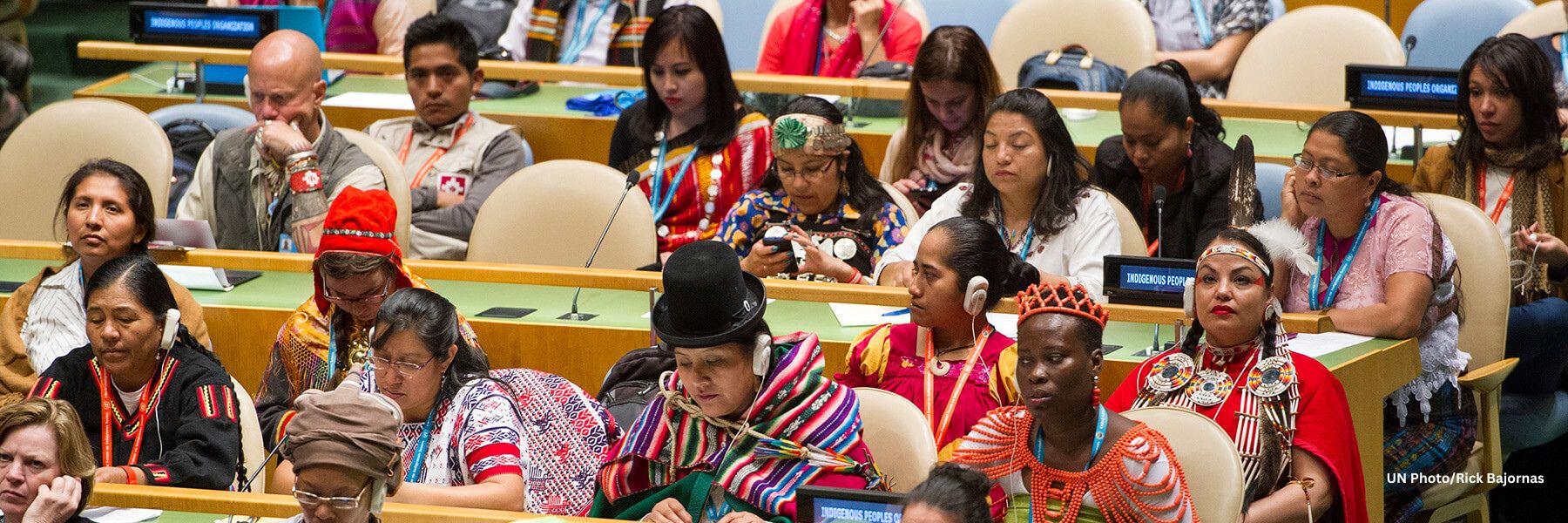2026 Call for Proposals
Now accepting proposal submissions for CGIS 2026!
Submit a Proposal 2026 Call for Proposals PDF

The Global Indigenous Studies Network (GISN) within the Hamilton Lugar School of Global and International Studies (HLSGIS) at Indiana University Bloomington invites proposals for panels, individual papers, round table discussions, interactive workshops, performances, and poster sessions to be presented virtually at the Second Conference on Global Indigenous Studies from Multiple Perspectives (CGIS) on November 13-15, 2026, at Indiana University Bloomington, USA.
CGIS 2026 is a transdisciplinary event that will bring together national and international scholars, educators, practitioners, students, policy makers, activists, academic institutions, Indigenous organizations, grassroots organizations, governmental and non-governmental organizations. The participants in this conference will be involved in a local and global dialogue and exchange of ideas, research, and experiences on the themes of the event.
Across the globe, ethnic minorities and Indigenous communities have consistently strived to protect their rich cultural heritages and linguistic nuances from the influences of colonial powers, expanding nation-states, and the homogenizing impact of globalization. This collective effort is increasingly recognized, highlighted by the initiation of UNESCO’s “Indigenous Languages Decade” (2022-2032). The imperative acknowledgment is that Indigenous languages, along with the intricate knowledge systems interwoven within them, stand as crucial pillars for preserving both biological and cultural pluralism.
The protection and advocacy of linguistic pluralism emerge as fundamental endeavors, playing a pivotal role in not only upholding cultural heritage but also in augmenting the overall potential, agency, and local governance of native speakers contending with endangered languages. This significance is accentuated, particularly in the context of the climate crisis and environmental degradation, where linguistic pluralism becomes a linchpin for sustainable responses. The multifaceted role of preserving linguistic variety extends beyond cultural dimensions, serving as a key factor in addressing broader ecological, political, and social challenges. In this intricate global tapestry, the commitment to linguistic pluralism becomes an essential thread weaving resilience and vitality into the fabric of diverse communities worldwide, which includes connecting with communities of non-native speakers, displaced by colonialism.
The deadline for receipt of proposals is March 31, 2026
Proposals will be accepted only through the online submission system.



